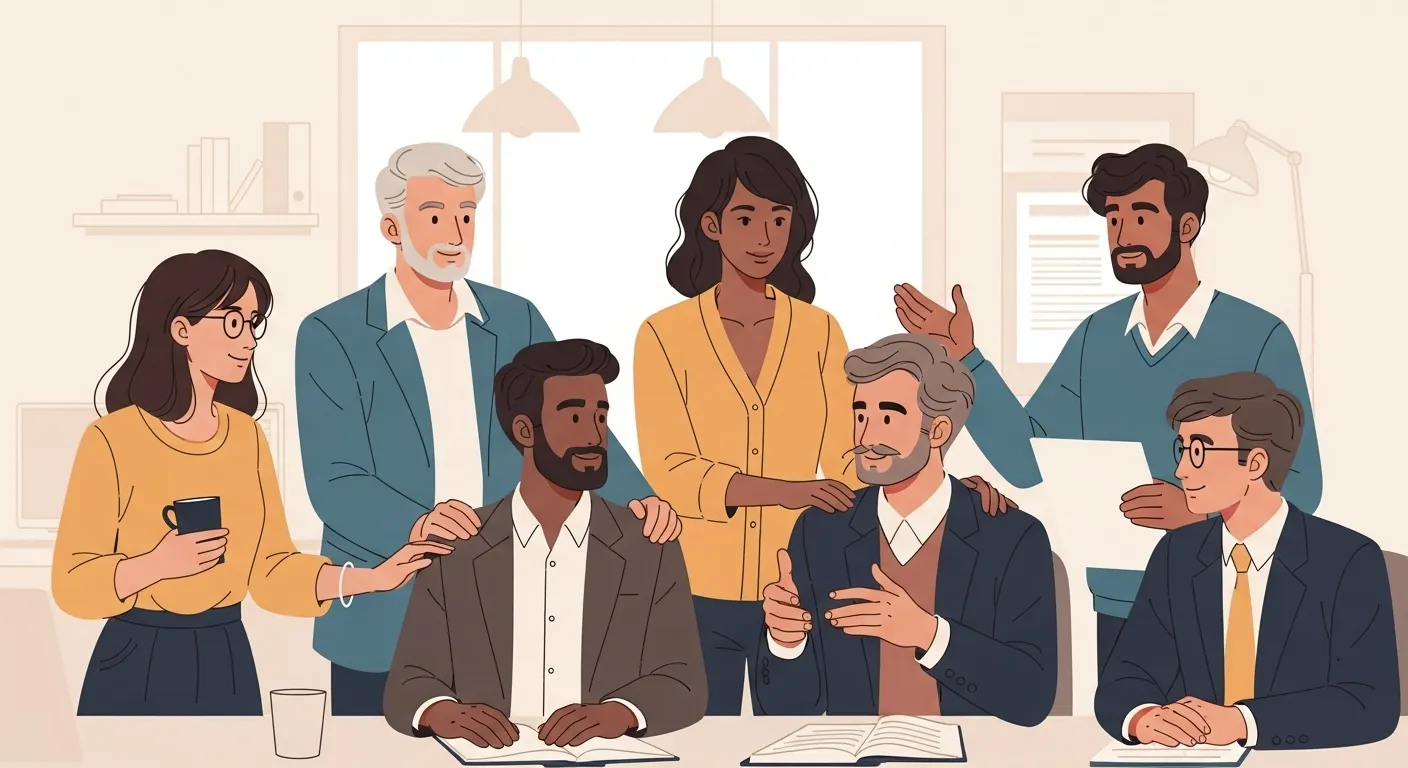Witnessed Workplace Discrimination? A Guide to Being an Effective Ally

Have you ever felt a sense of helplessness after witnessing discrimination or unfair treatment at work? You’re not alone. Many employees experience uncertainty about how to respond when they see colleagues facing hostility or bullying. However, effective allyship can profoundly influence workplace culture, making it safer and fairer for everyone. This post will explore actionable steps to becoming an effective workplace ally, from recognizing subtle discrimination to documenting incidents securely using resources like WorkplaceWitness.AI.
How to Recognize Subtle Signs of Discrimination
Discrimination at work often isn’t explicit—it can be subtle, insidious, and difficult to detect. Recognizing these subtle signs is crucial:
- Microaggressions: Small, everyday comments or actions conveying bias or prejudice.
- Exclusion from opportunities: Colleagues consistently overlooked for promotions or important projects.
- Disproportionate criticism: Receiving harsher or more frequent criticism compared to peers.
- Unequal task distribution: Consistently assigning less desirable tasks to certain employees.
Active listening and observation are your greatest tools. Pay attention, trust your instincts, and if something feels unfair or biased, it likely warrants your attention.
Actionable Steps for Allies – What You Can Do
Listen Actively and Believe
The first and most critical step is listening without judgment. Provide your colleague with a safe, confidential space to express their feelings. Validating their experiences builds trust and empowers them to consider next steps.
Speak Up (If Safe and Appropriate)
If you feel comfortable, direct intervention can be powerful. Clearly addressing unacceptable comments by saying, “That comment wasn’t okay,” can help challenge harmful behaviors. If direct confrontation feels unsafe or inappropriate, consider indirect methods, such as changing the subject or deflecting the conversation.
Remember, always address the behavior itself, rather than attacking the individual personally.
Offer Practical Support
Understanding company policies can be overwhelming for someone facing discrimination. Help your coworker navigate these policies, offer to accompany them to HR if they’re comfortable, and provide additional resources such as blogs or legal aid organizations.
Document What You Witness
Documentation is crucial, serving as potential corroboration of discriminatory incidents. Record detailed information including:
- Date and time
- Location
- Parties involved
- Specific actions or comments
- Your observations and emotional responses
WorkplaceWitness.AI is specifically designed for secure, confidential documentation. Allies can use this tool privately to log incidents witnessed, creating time-stamped, secure records that can later support colleagues without prematurely sharing sensitive details.
The Do’s and Don’ts of Workplace Allyship
Do:
- Educate yourself about discrimination and employee rights.
- Listen actively and compassionately.
- Offer meaningful support and practical assistance.
- Document incidents securely and objectively.
- Encourage affected colleagues to seek professional help and support.
Don’t:
- Take control or speak on behalf of your coworker without permission.
- Make the situation about yourself or center your feelings.
- Pressure your coworker to take specific actions.
- Engage in gossip or spread rumors about incidents.
Follow Through
Being an effective workplace ally transforms the culture around you, fostering inclusivity and fairness. Every small action contributes significantly to building supportive workplaces where everyone can thrive.
If you’ve witnessed workplace discrimination and want to securely document incidents, visit WorkplaceWitness.AI today. Together, we can build fairer, more inclusive workplaces.
Stay Updated
Get the latest updates about workplace rights and our app launch.